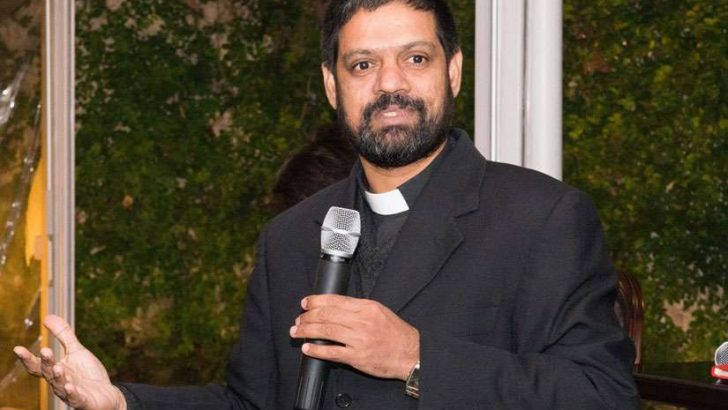India’s top court has ignited a new religious debate after permitting passive euthanasia, allowing patients to prescribe in their “living will” the withdrawal of medical support if they slip into an irreversible coma.
Leaders of India’s Catholics, Muslims and Hindus have opposed the Supreme Court verdict, which says the right to life also includes the right to die with dignity.
Permission is solely for a terminally-ill person to choose death over life support but does not allow doctors or families to take that decision on behalf of the patient, the court said.
“The Church rejects any proposal concerning active euthanasia as well as passive euthanasia,” said Bishop Theodore Mascarenhas, secretary-general of the Catholic Bishops’ Conference of India.
India’s Muslim Personal Law Board, which deals with the application of Islamic law in personal affairs, also objected to the Supreme Court judgment.
Kamal Faruqui, a senior board member, said that euthanasia in all its forms goes entirely against Islam.
“Human life is Allah’s gift and we have no right to meddle with it, however bad the condition of the body,” he said.
A better way to help the terminally ill die with dignity would be to offer high-quality palliative care and greater support for caregivers, said Fr Stephen Fernandes, secretary of the Indian bishops’ Office for Justice, Peace and Development.
“The mark of a good society is its ability and willingness to care for those who are most vulnerable, not allowing them to die without food and medicine,” he said.
Bishop Mascarenhas said the right to life enshrined in the Indian constitution does not include the right to die.


 Bishop Theodore Mascarenhas
Bishop Theodore Mascarenhas 